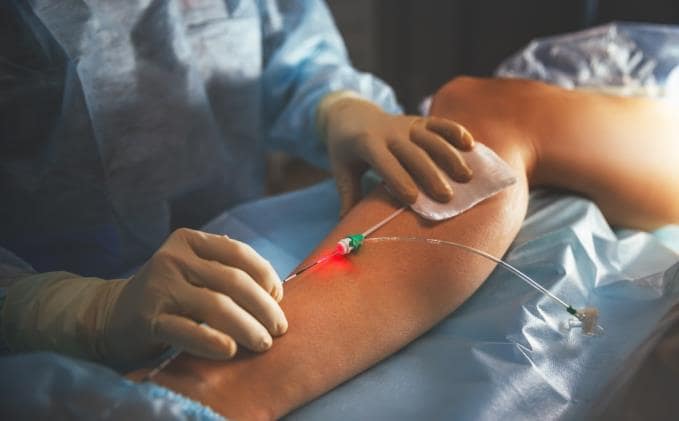Varicose veins may not be causing you any pain, but their appearance alone can cause you to be uncomfortable in your own body. Their unsightly appearance can limit your choices of clothes and lower your self-esteem. If you are struggling with varicose veins in Brooksville, your vein specialist at Advanced Heart & Vascular Associates has the perfect solution for you.
What are varicose veins?
Varicose veins are the unsightly swollen, enlarged ropelike veins that develop at the back of your legs. Varicose veins can appear anywhere on your body, but they are most common behind the legs. In most cases, these unsightly veins are a cosmetic concern and do not necessarily require medical intervention. But in some cases, varicose veins may cause pain and discomfort that might make it difficult to walk, or even cause complications. In such cases, you may need to inform a health care provider for immediate medical action. You can also seek treatment for these troublesome veins if you feel they are affecting your physical appearance.
What are the causative factors of varicose?
Your veins have valves that regulate your blood flow by preventing the backward flow of blood. At some point, the walls of your veins may overstretch, losing their elasticity and causing the weakening of your valves. When the valves fail to function appropriately, your blood may flow back and accumulate in your veins. This blood pooling causes your veins to enlarge and become swollen, leading to varicose veins. The exact reason for the weakening of valves is not yet known, but some factors may increase your risk, including:
- Being pregnant
- Being female
- Overweight
- Activities that require you to stand for long periods
- Old age
- Family history of varicose veins
What are the symptoms of varicose veins?
Varicose veins rarely cause any painful symptoms, and you may only notice dark purplish or bluish veins that look like cords behind your legs. But in some cases, you may experience painful symptoms like:
- Skin pigmentation around the affected vein
- Pain that worsens after standing or sitting for an extended period
- Unexplained fatigue
- Tingling, throbbing, or burning sensation in your legs
- Itching
- Muscle cramping
- Leg pain
- Soreness
- A heavy feeling in the affected leg
- Swollen legs
- Restlessness
Untreated venous insufficiency can lead to high venous pressure, which may cause rashes, leg ulcers, or thickened skin. Venous wounds rarely improve independently, and they require medical intervention to prevent them from enlarging. If left untreated, they can also increase your chances of developing bone and skin infections.
What are the treatment options for varicose veins?
Advanced Heart & Vascular Associates specialists offer minimally invasive procedures that do not require you to be admitted to a hospital. The team may examine your varicose veins before recommending an effective treatment plan for you. Your treatment plan may include:
- Lifestyle changes like avoiding tight clothes and exercising regularly
- Self-care
- Compression stockings
- Sclerotherapy
- Laser treatment
- Ambulatory phlebectomy
- Endoscopic vein surgery
Varicose veins that occur when pregnant disappear on their own within 12 months after delivery.
Call Dr. Chadda for consultation and treatment if varicose veins limit your mobility.

